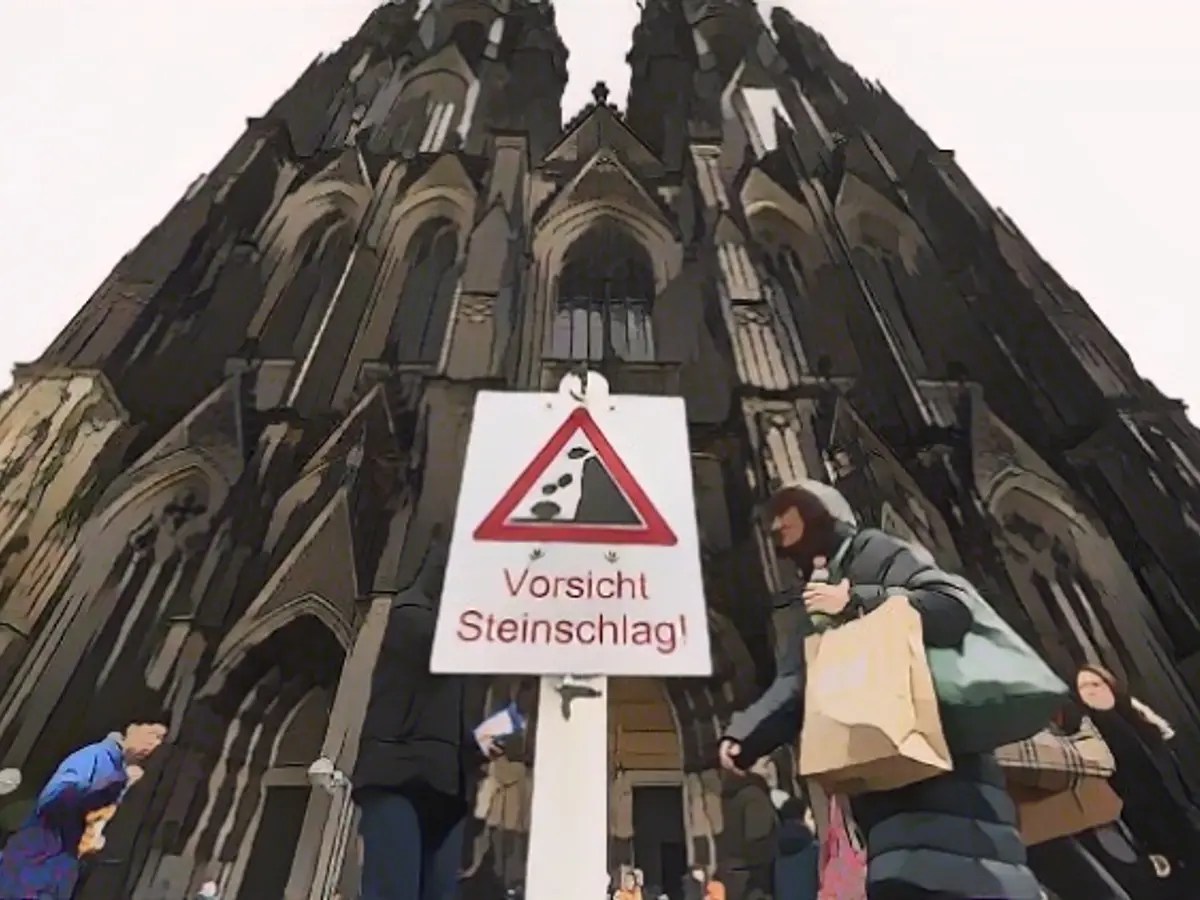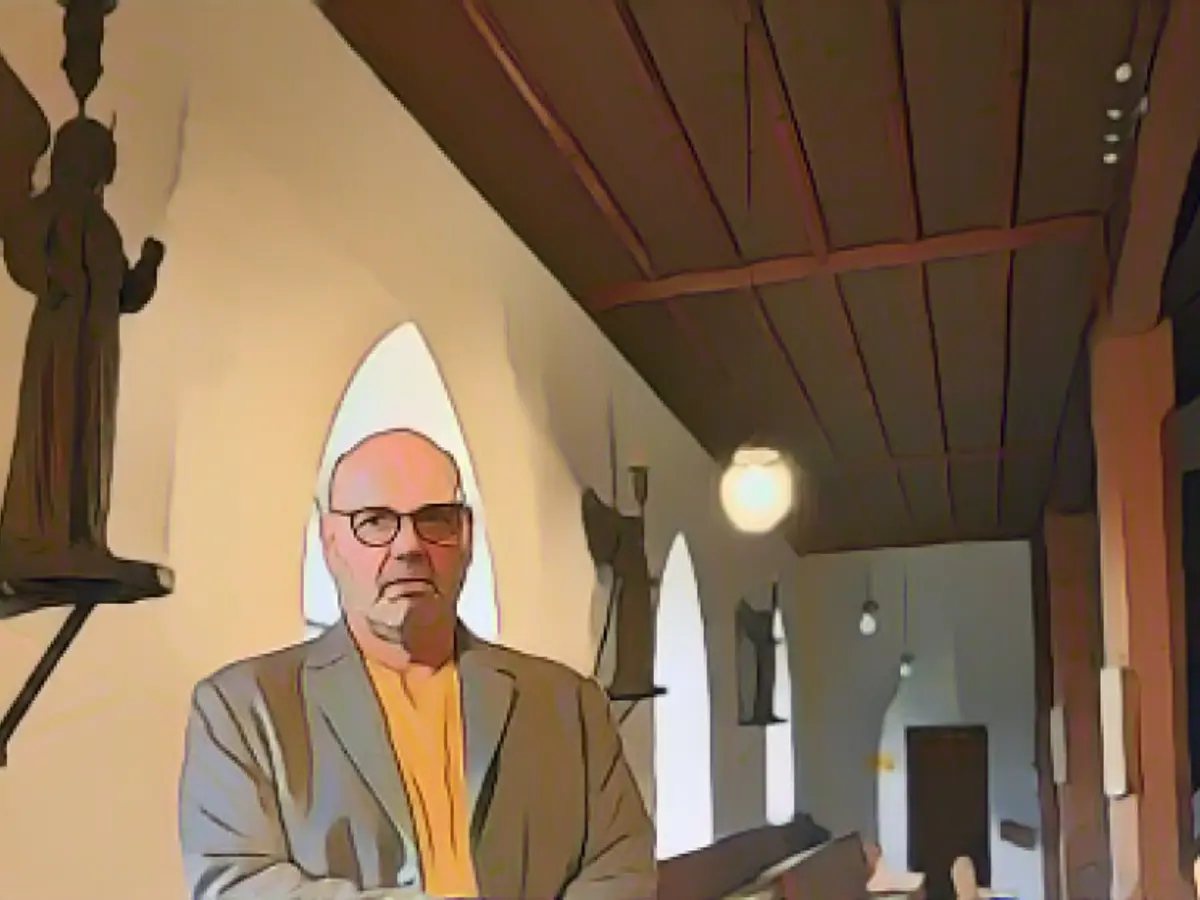Funeral traditions in Hesse have seen a significant shift as per the funeral directors' association, according to Guido Vaupel, Vice Chairman of the Hessian Funeral Directors' Association. He stated, "Funerals have become more individual, the church has lost some of its influence on funeral services." The ceremony style has become more relaxed, and black attire is no longer a requirement.
Vaupel, who has been working in his family business for around 40 years, noted a change in funeral arrangements. There is a notable decrease in coffin burials and an increase in cremations, with more than 70% of all burials now based on cremation, according to the German Funeral Directors Association. At Vaupel's business, the cremation rate has reached an estimated 90%. Rural areas, however, seem to exhibit lower demand for cremation.
Reasons for this shift include family members living in different places, making grave care challenging. Burials often need to happen within a few days as per law. Cremation allows more time for relatives to arrange the date and is financially more feasible due to lower long-term costs than coffin burials.
Frankfurt will introduce a new option for urn burials from the end of next year with the construction of an urn burial church in the St. Michael funeral church in the Nordend district. This will be the first urn burial church in Hesse.
The growing popularity of cremation does not diminish the demand for traditional burial methods in rural areas, which face unique challenges attending to this need: limited accessibility, infrastructure issues, regulatory concerns, economic factors, and smaller populations.
Enrichment Data:
- The pandemic accelerated the adoption of cremation due to restrictions on social gatherings and efficient handling of deceased individuals.
- Cremation is generally seen as a more affordable option compared to traditional burial methods.
- Consumers are showing interest in eco-friendly services, driving demand for cremation as it is perceived as a more environmentally friendly option.
- Changing consumer preferences favor cremation for its flexibility in disposing of ashes or incorporating them into keepsakes.
- Rural areas face challenges with limited access to cremation services due to fewer funeral homes and crematories, zoning regulations, and economic constraints.








